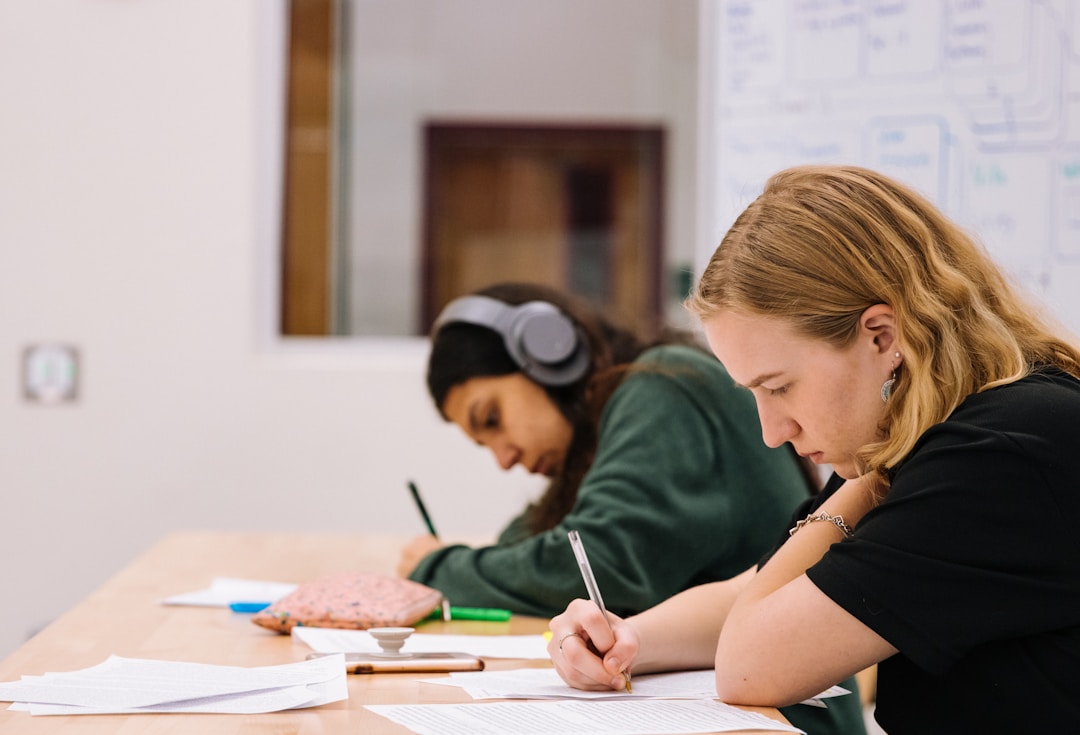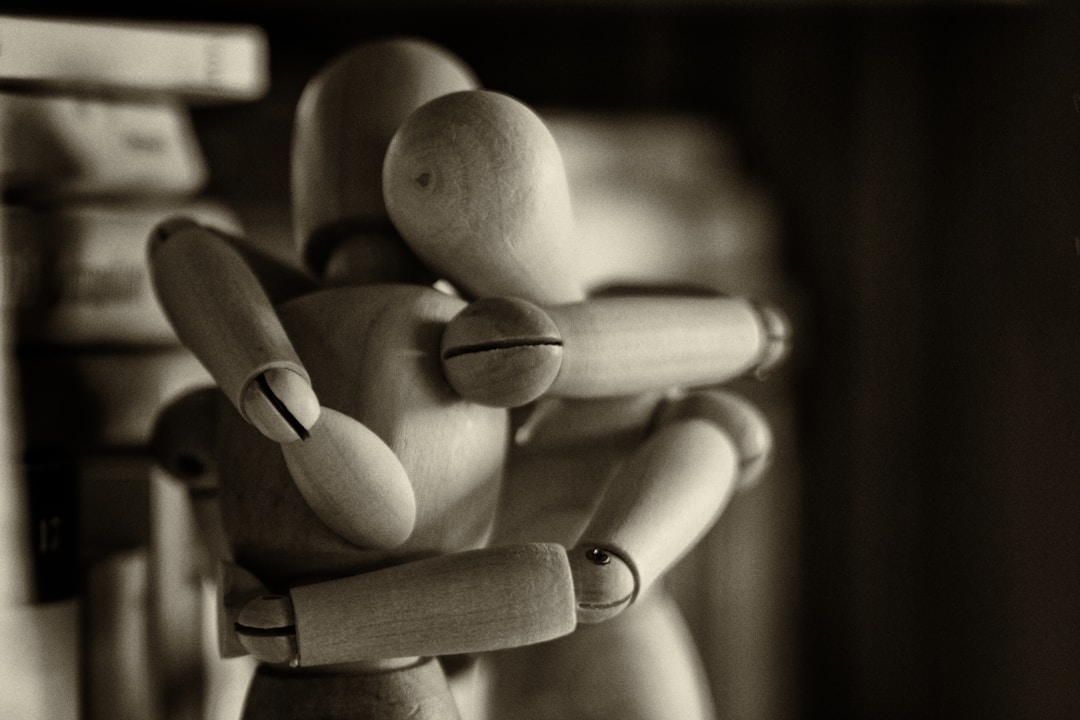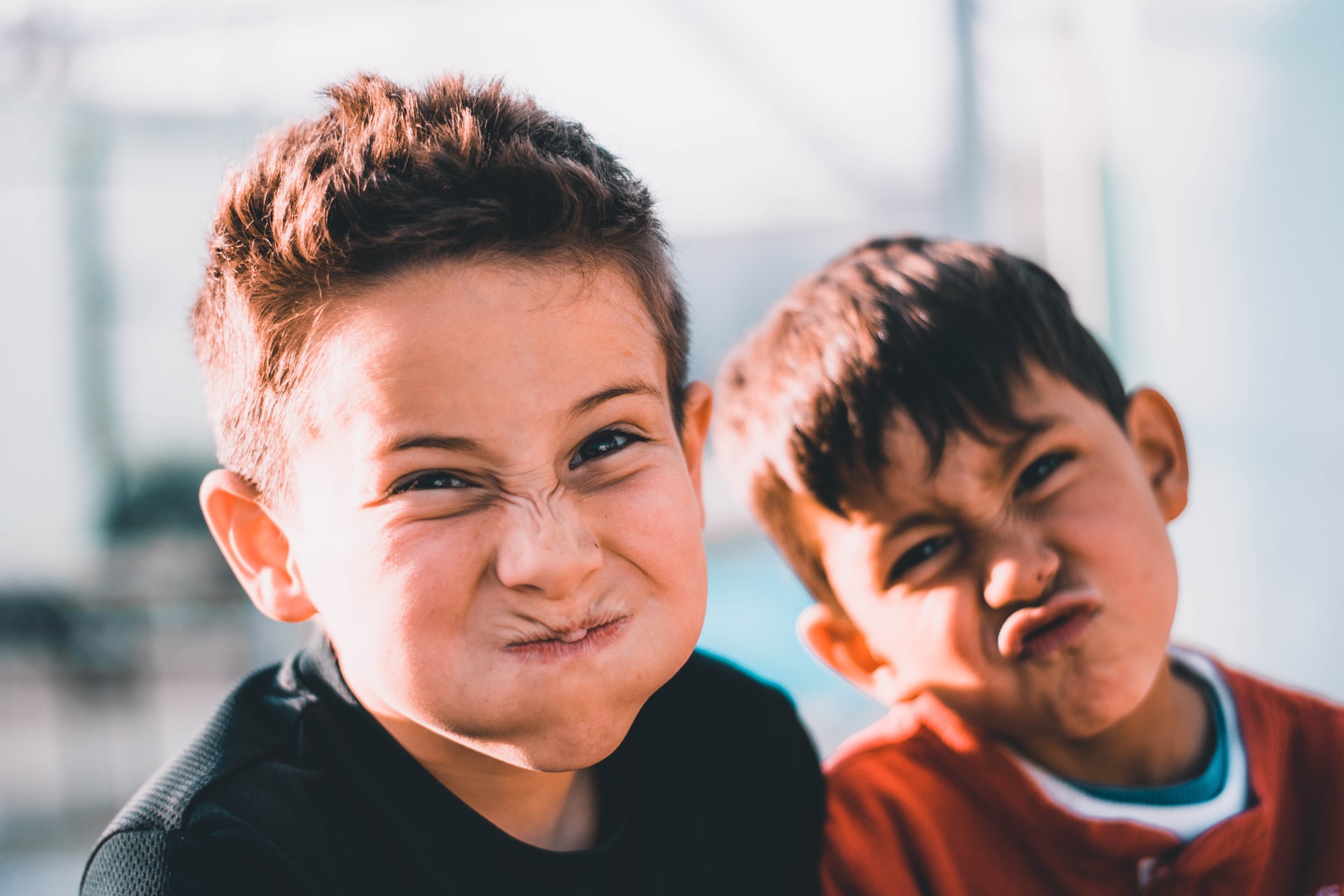Expectation vs. Reality: Signs Your Child Has ADHD
It’s natural for parents to want to give their children the best of everything, from lifestyle to opportunities. With so much effort going into raising your young children or adolescents, it’s disheartening when your best efforts aren’t enough to keep your child out of trouble and performing well academically. Children dealing with behavior problems, inattention, and poor social skills are more likely to have low self-esteem and problems in school.
Young children are full of energy, and sometimes it can be hard to tell whether your child is just being a child or there’s a more serious challenge. If your child’s behavior is hurting their academic pursuits and you can’t seem to find a solution, it could be a sign that your child or adolescent has ADHD. Continue reading to learn what to look for.
What is ADHD?

ADHD–short for attention deficit hyperactivity disorder–is a disorder related to neurodevelopment that’s common in young children, older children, and even adults. Kids with ADHD may exhibit erratic or impulsive behavior, inattention, and, as the name suggests, hyperactivity.
One of the biggest problems with attention deficit hyperactivity disorder is that it can look a lot like disobedience and laziness to the untrained eye, when, the truth is that those with ADHD are trying very hard. It’s just that their ADHD symptoms are keeping them from what society considers “good behavior.” In the next section, we’ll focus on how to recognize the symptoms of ADHD.
What are the symptoms of ADHD?

If your child is exhibiting “problem behaviors” and you get frequent calls from your child’s teacher about it, an ADHD diagnosis can seem like a blessing. However, before jumping to the conclusion that your child has ADHD, it’s important to know some of the symptoms of ADHD.
Hyperactivity is the behavior that people most frequently tend to associate with ADHD, but that’s the tip of the iceberg. Kids with ADHD also struggle with inattention, which means that they might also daydream more than normal, fall asleep when they’re not stimulated, and struggle with completing assignments in school and chores at home. Time blindness is another of the common ADHD symptoms, which may be why your adolescent is always late for class.
Children with ADHD also may not listen when spoken to, frequently lose belongings, be jittery, have trouble getting along with others, and struggle with temptation. Another major issue kids with ADHD struggle with is impulsivity–making the connection between their present actions and future consequences. They may not understand how doing schoolwork now will help them when they’re grown.
It’s natural for parents of children with ADHD to feel like they are at the mercy of their child’s behavior problems, but nothing could be further from the truth. Now, we’ll focus on ways to help get your child on the right track. Therapy for ADHD child behavioral problems is essential and can help with behavior management.
What can you do about your child’s ADHD?

If you suspect that your child has ADHD, your first move should be to speak with your child’s teachers to get as much information about their classroom performance as possible. Next, you should carry these issues to your child’s doctor who can refer you to a behavior therapy specialist.
ADHD is a neurodevelopment problem that can lead to mental health problems like anxiety and depression. It’s important to note, however, that a lot of the anxiety and depression can be attributed to a misunderstanding of how to manage their hyperactivity disorder and the weight of societal expectations that they’re unable to meet without guidance and behavior modification counseling. As a result of not receiving the right guidance as children, adults with ADHD are more likely to have authority problems and legal troubles. The good news is that combination of treatments, counseling, and a psychiatrist can give your child or adolescent the tools they need to turn their hyperactivity disorder into a gift instead of a burden.
Things you probably don’t know about ADHD.

Though ADHD is associated with negative behaviors, there are positive side effects as well. Children with ADHD tend to be exceptionally creative and entrepreneurial. Many people who struggled with ADHD during their childhood have gone on to become artists, business owners, tech visionaries, and more.
It may be odd to think that getting lost in the pattern of a stick on nail design or thrown off-task by light reflecting off something can become so integral to society, but there are plenty of ADHD success stories. The key is to be patient with your child and focus on taking small steps toward getting them to recognize their gifts. With counseling and the support of family members and educators, your child can thrive in school and adulthood.
